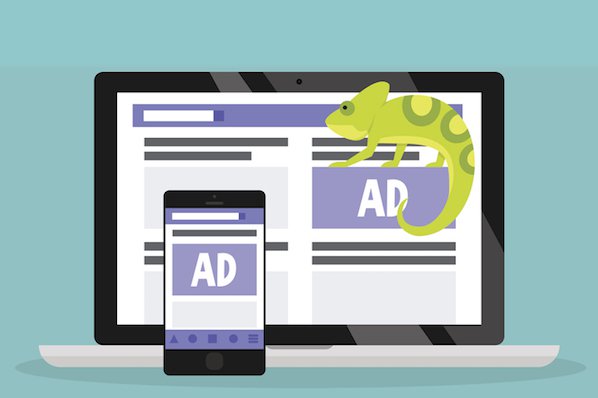Facebook Updates Terms Of Service To Tell Users About Targeted Ads
The updated terms of service will come into effect from July 31, 2019
Step is a result of company’s discussions with European Consumer Protection Cooperation Network
As a result of Facebook’s discussions with regulators, policymakers and consumer protection experts around the world, the company has now announced updates to its terms of service.
The updates include clarification on various pointers including how Facebook makes money, and user rights on the platform. “Several of the updates are the result of our work with the European Consumer Protection Cooperation Network,” the company noted.
With these changes in the Facebook terms of service, more information has been added under about the company’s monetisation model, and user intellectual property rights on the content that they share on Facebook.
Under the platform’s monetisation details, the company has now shared that Facebook does not charge the users any money to use its products because businesses and organisations pay it to show user ads. “We use personal data, such as information about your activity and interests, to show you ads that are more relevant to you,” the company added.
Related Article: Right To Privacy, Thou Art Frail! Google, Twitter, WhatsApp, Others Face Supreme Court Wrath Over Data Privacy Concerns
In order to do this, the company said it does not sell user personal data. Instead, Facebook asks advertisers to share things such as their business goal, and the kind of audience that they want to see their ads (for example, people between the ages of 18-35 who like cycling). Post which, the social media company then matches the businesses’ needs with the user’s liking to show ads to right target audience.
The company emphasised its commitment to protecting user privacy and said, “We don’t share information that directly identifies you (information such as your name or email address that by itself can be used to contact you or identifies who you are) unless you give us specific permission.”
Further in terms of the user’s intellectual property rights, the company said, when you share your own content — like photos and videos— You grant us permission to do things like display that content. But, the permission ends when the person deletes the content from Facebook.
“However, it can take up to 90 days for the deleted content to be removed from the Facebook systems,” the company added.
Facebook’s Ongoing Transparency Efforts
This step is also in line with the company’s ongoing to commitment to transparency. Earlier this year, the company had released detailed analysis on removal of hate speech and fake accounts from the platform.
Social media platform Facebook has reported to have removed 4 Mn hate speech posts in the first quarter of 2019. Further, the company claims to have taken down 2.19 Bn fake accounts in the first quarter of 2019, a significant hike from 1.2 Bn accounts in Q4 of 2018.
Since the Cambridge Analytica row erupted in public in early 2018, which compromised data of 87 Mn people across the world including 5.62 Lakh Indians,Facebook has been under immense scrutiny from governments and data privacy advocates around the world. Cofounder and CEO Mark Zuckerberg has had to address the US and UK lawmakers on questions about Facebook’s data privacy policy, its business model, ad targeting and more in several high-profile deliberations.
Recently in April, Facebook had expected to be hit by $3 Bn to $5 Bn fine by US Federal Trade Commission (FTC) for the ongoing investigation in Cambridge analytical data scandal. In its first-quarter financial report, the social networking platform has registered a net profit of $24 Bn. This is 51% less as compared to the company’s profit in Q1 of FY2018.






Comments